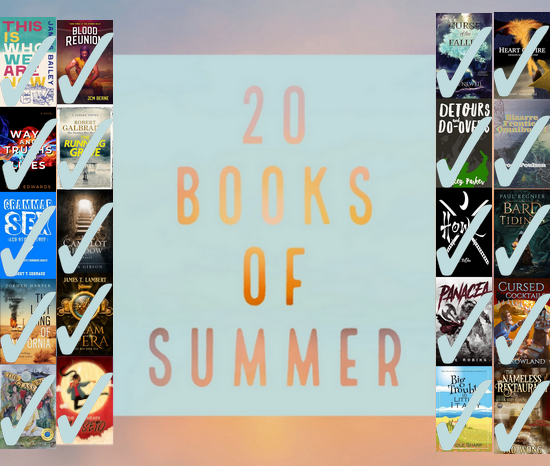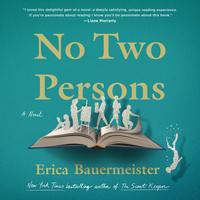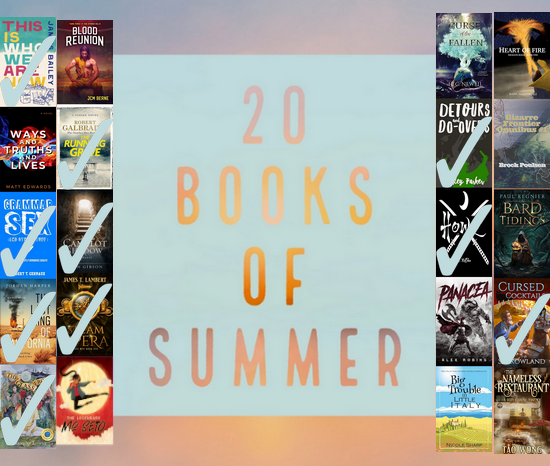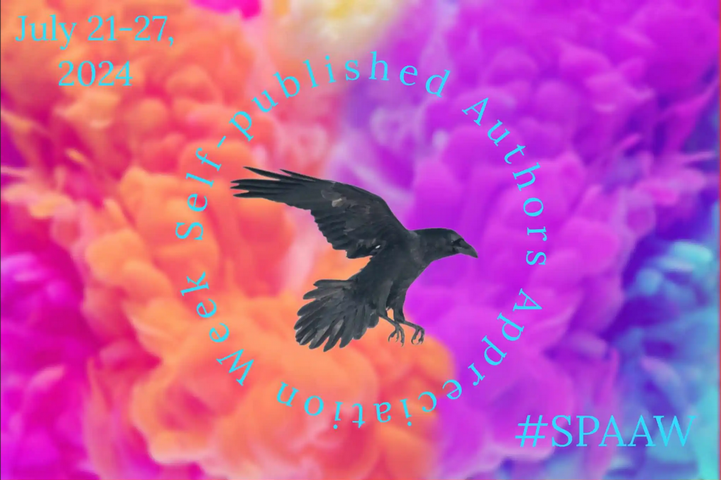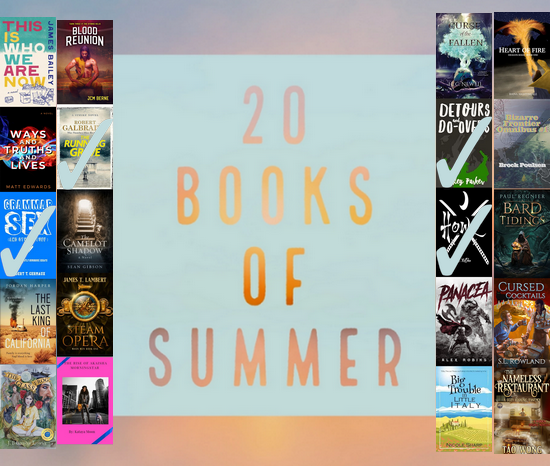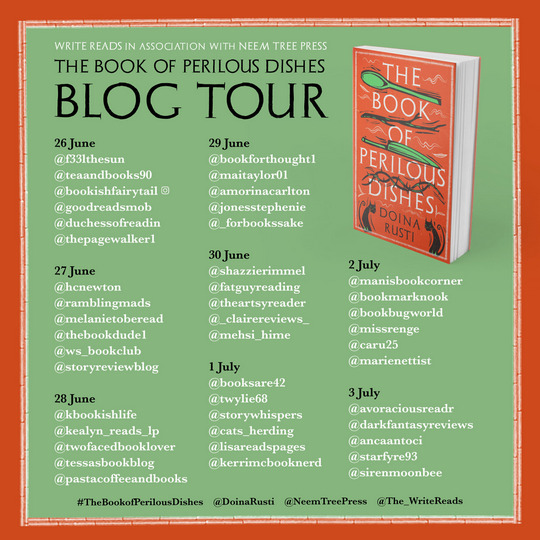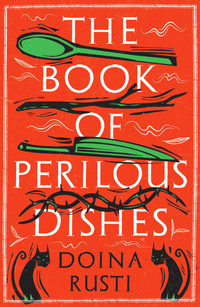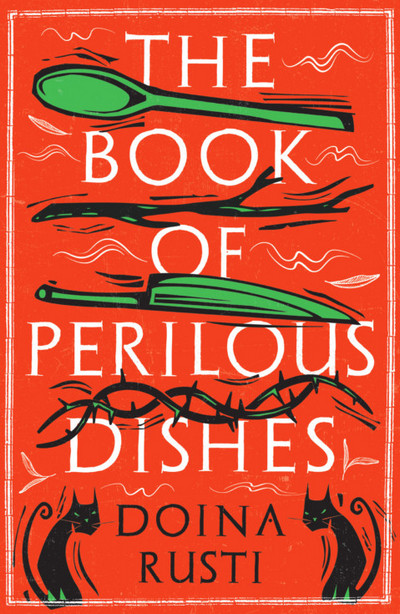I’m very pleased today to share this spotlight for Joshua Mohr’s upcoming release, Saint the Terrifying, and also, it’s the release day of the single “Size Queens” by Slummy. Why, you ask, do I mention both of these? Great question. The materials I received put it this way:
Author Joshua Mohr spent his formative years in the East Bay punk scene playing in various bands. Now with eight books under his belt, Mohr was offered a combined book and record deal through Los Angeles presses Unnamed Press and Rare Bird. The book is the first in a trilogy, entitled Saint the Terrifying (Unnamed Press, 2024), and is based on a character named Saint, an East Bay punk musician with Viking roots. Saint’s band is called Slummy, so that is the name that Mohr recorded under for the EP entitled The Wrong Side (Rare Bird, 2024), which will be pressed to vinyl and out on the same release day as the book, October 22nd, 2024. Mohr recorded at Grandma’s Warehouse in LA with local band Movie Club backing him up for the songs he wrote as his own fictional character.
So let’s talk about them both.
Book Details:
Title: Saint the Terrifying
Genre: General Fiction
Format: e-Book/Paperback
Length: 290 pages
Publisher: Unnamed Press
Publication Date: October 22, 2024
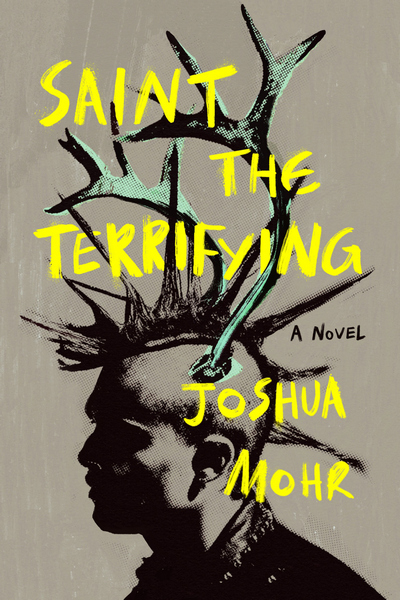
About the Book:
In the first installment of Joshua Mohr’s Viking Punk saga, a West Oakland musician acquires a new name and new calling. Chasing down a gang of thieves, Saint the Terrifying turns a gritty urban detective story into the stuff of legend.
Saint’s an ex-con still coming to terms with his origin story.
Raised in the wilds of Norway by an artisan father famed for his glass-blown birds, Saint trained daily in ancient Norse martial arts with a bear as his sparring partner. One day, his father makes a critical mistake, forcing Saint to leave his home forever, and move to San Francisco.
Years later and fresh out of prison, Saint finds himself immersed in the Oakland punk music scene. On stage, he’s struggling to find his identity as a guitar player in a mediocre band. Off stage, his uniquely Norse skillset suddenly turns Saint into a one-eyed punk gumshoe after sinister thieves start targeting local bands’ gear. But it is only when Saint meets Trick Wilma, the powerhouse lead singer of another (better) band, that he begins to see the glimmer of salvation in her eyes.
Propelled by a broken Baroque of punk language, Saint the Terrifying examines tensions between community and individual identity, social activism and vigilantism, while taking the reader on a roller coaster ride of hard-boiled twists and hardcore music. Saint is the badass protagonist that answers the question: What if Johnny Rotten had a baby with The Rock?
Book Links:
Unnamed Press ~ Bookshop.org ~Author’s Website

Music Details:
Album: The Wrong Side
Single: Size Queens
Publication Date: October 22, 2024

About the Music:
“I didn’t really write these songs,” says Mohr. “The main character in my book did. I captured his sound, his riffs, and his lyrics to really feel the demented whimsy in his soul. So did the book lead me to his music, or was it the music that allowed me to write his trilogy of novels? That’s the magic of Saint. He’s a galaxy.”
“Size Queens” is out Sept. 13th and will be the only single off The Wrong Side. The music video is a mini action short film starring a punk squatter couple who are being stalked by an insane clown cop. The video is directed by writer/musician Jessamyn Violet and features an all-musician cast including Eva Gardner of P!NK and Mars Volta, and Fox Deluxx of local LA punk band Pez Heads.
Links:
Promo the EP ~ Signed First Edition Book + Limited Edition Blue Vinyl
“Size Queens” Video

About the Author:
 Joshua Mohr is the author of several books, including Damascus, which The New York Times called “Beat-poet cool.” He’s also written Some Things that Meant the World to Me, one of O Magazine’s 10 Terrific reads of 2009, and he’s won the Northern California Book Award twice. Termite Parade was an editors’ choice on the New York Times Best Seller List. His latest project is a trilogy of novels all to be published in one calendar year, starting with SAINT THE TERRIFYING in fall ‘24. In his Hollywood life, he’s sold projects to AMC, ITV, and Amblin Entertainment.
Joshua Mohr is the author of several books, including Damascus, which The New York Times called “Beat-poet cool.” He’s also written Some Things that Meant the World to Me, one of O Magazine’s 10 Terrific reads of 2009, and he’s won the Northern California Book Award twice. Termite Parade was an editors’ choice on the New York Times Best Seller List. His latest project is a trilogy of novels all to be published in one calendar year, starting with SAINT THE TERRIFYING in fall ‘24. In his Hollywood life, he’s sold projects to AMC, ITV, and Amblin Entertainment.
Author Links:
My thanks to Katz Domino of Junkfood Media for the invitation to post this and for the materials they provided.



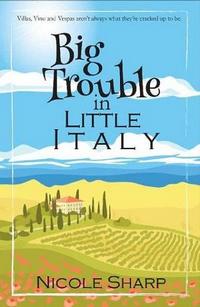



 1.
1. 